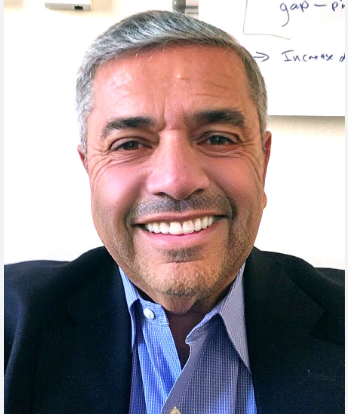Heart disease remains the leading cause of death worldwide, claiming millions of lives each year. However, the good news is that many cases of heart disease are preventable and manageable with early detection and appropriate treatment. Regular heart check-ups with a cardiologist like Dr. John Strobeck play a vital role in maintaining heart health and preventing potential complications. Let’s explore why these check-ups are crucial.
Heart Disease: The Leading Cause of Death
Heart disease encompasses a range of conditions affecting the heart and blood vessels, including coronary artery disease, heart failure, arrhythmias, and valvular heart disease. It is responsible for a significant number of deaths globally. Regular check-ups with a cardiologist allow for early detection and intervention, potentially saving lives.
Silent Symptoms and Early Detection
One of the challenging aspects of heart disease is that it often progresses silently, without obvious symptoms. Many individuals may not realize they have a heart condition until they experience a heart attack or other serious complications. Regular heart check-ups enable cardiologists to assess your heart health through various diagnostic tests, such as electrocardiograms (ECGs), stress tests, echocardiograms, and blood tests. These screenings can detect abnormalities and risk factors before they manifest as severe symptoms or events.
Identifying Risk Factors
Cardiologists evaluate multiple risk factors during check-ups to assess your overall cardiovascular health. These risk factors include high blood pressure, high cholesterol levels, diabetes, obesity, smoking, family history of heart disease, and a sedentary lifestyle. By identifying these risk factors, cardiologists can develop personalized prevention strategies, recommend lifestyle modifications, and prescribe appropriate medications when necessary. Regular monitoring of risk factors allows for timely intervention and reduces the risk of developing heart disease.
Monitoring Chronic Conditions
If you already have a chronic condition such as hypertension, diabetes, or a previous heart event, regular check-ups become even more crucial. Cardiologists monitor the progression of your condition, adjust medications, and provide guidance on lifestyle changes. By closely managing these chronic conditions, cardiologists help prevent complications and improve overall heart health.
Tailored Treatment Plans
Each individual’s heart health needs are unique. Regular check-ups with a cardiologist allow for the development of personalized treatment plans based on your specific condition, risk factors, and medical history. Cardiologists like Dr. John Strobeck utilize their expertise and the latest advancements in cardiovascular medicine to provide evidence-based treatment recommendations. These may include medication management, lifestyle modifications, dietary changes, and, in some cases, surgical interventions.
Patient Education and Empowerment
Regular heart check-ups provide an opportunity for cardiologists to educate patients about heart disease prevention, risk factor management, and the importance of adhering to treatment plans. By empowering patients with knowledge, cardiologists encourage active participation in their own heart health, leading to better outcomes and improved quality of life.
Regular heart check-ups with a cardiologist like Dr. John Strobeck are crucial for maintaining heart health, preventing complications, and reducing the risk of heart disease-related deaths. By monitoring your heart health, identifying risk factors, and developing personalized treatment plans, cardiologists play a crucial role in promoting cardiovascular well-being. Don’t wait for symptoms to appear—prioritize your heart health and schedule regular check-ups with a cardiologist today. Your heart will thank you for it.



